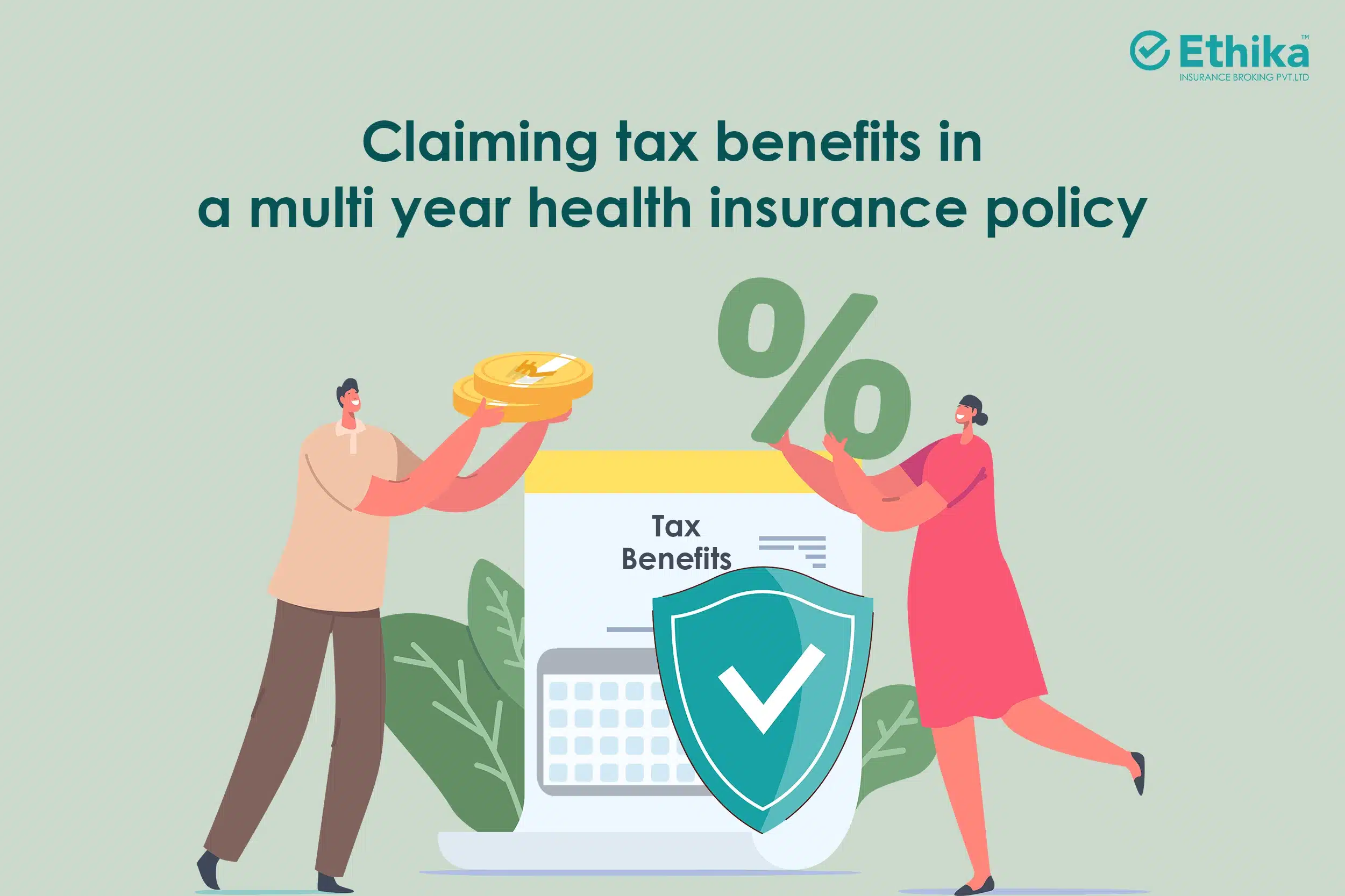
Health insurance is the most sought after insurance product in the Indian market and the demand for health insurance has increased after the Covid-19 pandemic. The ever rising hospitalization expenses have also made people think about taking a health insurance plan as one hospitalization can push a middle class family to poverty.
Keeping the hospitalization inflation in mind, several state governments as well as the Government of India have launched health insurance schemes for the poor. Such policies are however meant for people who fall below the poverty line.
Rest of the people have to either rely on personal health insurance or an employer sponsored health insurance plan for their hospitalization needs. In the case of an employer sponsored health insurance plan, the premium would be paid by the employer and the employees would enjoy the insurance coverage.
That said, the employer sponsored cover would only be valid till the time an employee is working with the employer. In addition, there are many limitations for employer sponsored health insurance cover such as the scope of the coverage, addition of family members, sum insured under the policy etc.
In a personal health insurance plan, one would have an option to choose the sum insured as per the requirement and high degree of freedom to design the policy as per their needs. In addition to the freedom in designing the plan, personal health insurance also offers tax benefits to the takers.
Keeping these advantages in mind, people are turning towards health insurance plans to cover themselves and their families. But, most of them are not completely aware of the tax benefits available under the health insurance plans.
In most cases, people are confused whether to take a single year plan or multi-year plan. While on the one hand the advantages of taking a multi year plan include discounts offered by the insurance companies and protection from premium inflation but on the other hand people are not clear how to claim the tax deductions for multi year health insurance plans. Some people still think that the premium paid under multi-year plans can only be claimed for tax deduction in one assessment year, which is not true.
Let us take an example to understand how tax benefits can be availed in a multi-year health insurance policy. In 2024, Mr. Paul has taken a 3-year personal health insurance policy with a sum insured of Rs.15 Lacs covering himself, spouse and 2 children. Since, it is a 3 year health insurance policy the premium for 3 years came to Rs.45,000 and was paid upfront in 2024 itself.
Now at the time of tax filing Paul was confused how to claim the tax benefits available for health insurance buyers. He was confused whether to include the entire premium paid in 2024 filing or to divide the premium in 3 parts for 3 years.
As we are aware that Section 80D of Income tax permits you to avail tax benefits up to Rs.25,000 per financial year on premiums paid towards all the health insurance plans if you are under the age of 65. If you are above the age of 65, then the limit would be Rs.50,000 per financial year.
Since Paul is under the age of 65, he can claim up to Rs.25,000 per year and in his case, he paid Rs.45,000 as premium. So it would not be wise to claim Rs.45,000 for tax benefits since the premium paid is higher than the limit. In addition, it is possible to divide the premium paid by the policy period and then claim the exemption accordingly. In this case, Paul can divide Rs.45,000 by 3(policy period) and the result would be Rs.15,000 per year which can be used to claim tax benefit every year for a total of 3 years.
What’s on this page?
All Tax benefits in Health Insurance:
Health insurance offers a total tax benefit of up to Rs.1 Lakh which includes the premium paid towards health insurance plans as well as the expenses incurred on preventive health checkup. The total tax benefits available under Section 80D of income tax depends on the total number of members insured under the policy.
There could be multiple combinations such as Self+ family, Self, family & parents, senior citizen self + senior citizen parents etc. Here is a detailed explanation of the tax benefits available under personal health insurance and employer-sponsored health insurance plans in India.
FAQs
Can I claim the entire premium paid for tax exemption every year in a multi-year policy?
No. You cannot claim tax benefits every year with the entire premium paid in a multi-year policy. The premium should be divided by the policy period and the resultant would be the eligible amount for tax deduction in a particular policy year.
Should I pay an extra premium if premiums are hiked in a multi-year policy?
Not necessarily. The main advantage of purchasing a multi-year health insurance policy is that you get to enjoy the same premium for the entire policy period irrespective of the increase or hikes in premiums during your policy period.
Is it advisable to take multi-year health insurance plans?
Yes. One may take multi-year health insurance plans after clearly assessing their benefits and drawbacks.
How to claim maximum tax benefits in a health insurance plan?
Maximum tax benefits can be availed in a health insurance plan by paying the premium for senior citizen parents. The maximum tax benefits that can be availed under Section 80D which includes insurance premium is Rs.1 Lakh possible if the premium is paid for senior citizen self, family and senior citizen parents.
Can I claim tax benefits for employer sponsored health insurance?
Depends. If you have contributed the premium towards employers-sponsored health insurance plans., then you would be eligible to claim the tax benefits under the Income Tax Act.